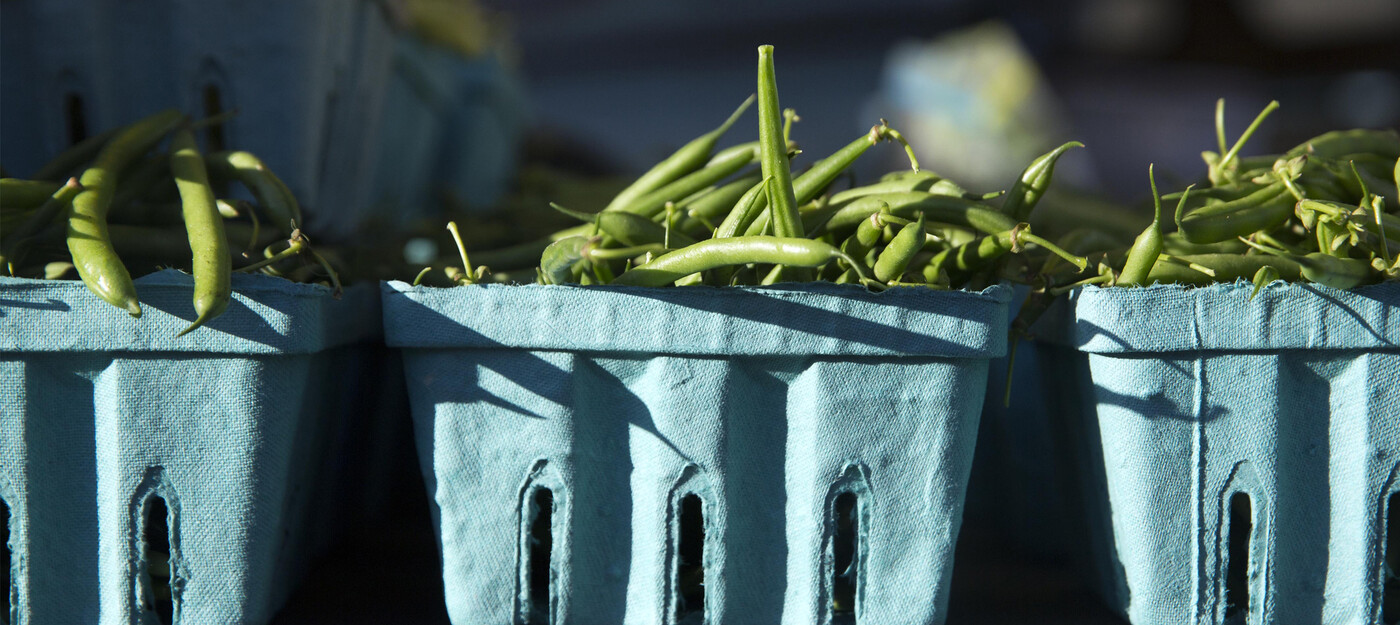 From the DukeHealth.org archives. Content may be out of date.
From the DukeHealth.org archives. Content may be out of date.
14 Foods to Reset Your Digestive System

Cooked string beans are good for your digestive tract
New research shows that the bacteria living in our intestinal tract could have more influence on our health than we realize, says Ellen Michal, a registered dietitian at Duke Raleigh’s Lifestyle and Disease Management Center.
The science of this microbiome inside our bodies is still evolving, but research has linked changes in intestinal bacteria with autoimmune diseases, mental illnesses, and more. Recent studies have even shown that the bacteria in our bellies may be controlling which foods we crave. That’s right—your craving for potato chips may not be all in your head after all.
This same research suggests that our diet, as well as other factors (including stress and antibiotic use), affects whether our intestinal tract is populated by “good” or “bad” bacteria.
And it takes the influence of dietary changes to a whole new level—in addition to providing the nutrients our bodies need, the food we eat is feeding (or starving) our gut microbiome, which could directly affect our cravings, our resilience against infection, and our risk for a host of other illnesses.
What constitutes an optimal gut bacteria is also still an evolving question, but most researchers agree that a diet of lots of fiber helps promote a more healthy gut microbiome. The good guys among your belly bacteria thrive on all kinds of fiber, including cellulose, the insoluble fiber that gives vegetables their structure (think celery, or broccoli stalks). Another kind of fiber, called fructan, acts as a prebiotic and helps good bacteria to grow.

When you make a diet change, even a healthy one, your digestive system needs time to adjust.
Foods to Help Digestion
The following 14 foods are high in fructans (when they aren’t overly cooked):
- Jerusalem artichokes
- Chicory roots
- Leeks
- White onions
- Raspberries
- Artichokes
- Cooked beans
- Asparagus, especially the stalk
- Garlic
- Wheat bran
- Nectarines
- Watermelons
- Bananas
- Pears
Remember that when you make a diet change, even a healthy one, your digestive system needs time to adjust. Adding new fruits and vegetables gradually can help avoid intestinal distress, such as bloating and gas.
Sources: medscape.com, eatingwell.com, NC Department of Agriculture and Consumer Services
Here to Help
Staff at the Lifestyle and Disease Management Center at Duke Raleigh Hospital help people move past barriers to reframe their relationships with food. They work with a wide range of people, from those with diabetes to those who have undergone bariatric surgery, as well as those who are in rehabilitation for heart or lung disease. But the center is not just for people with chronic disease. It is also open to anyone interested in general wellness. Staff members integrate nutrition counseling with other aspects of healing and wellness, including exercise and stress management.



